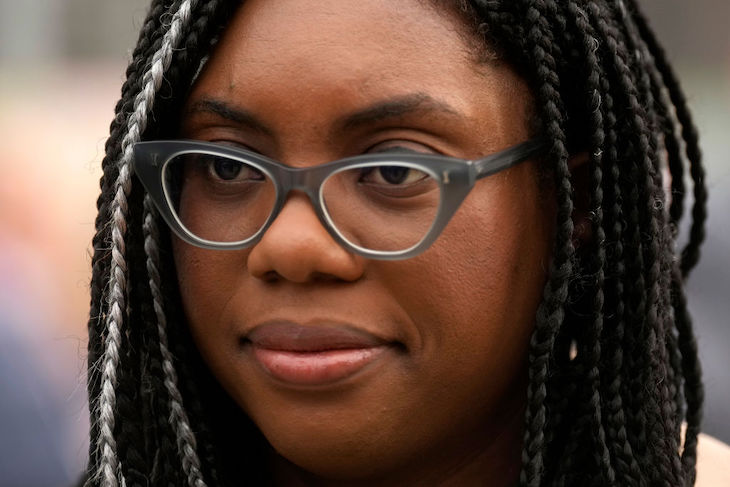Other than being fired out of a cannon to raise funds for the NHS, what could Wes Streeting possibly learn from a ‘national conversation’ about the NHS that he hasn’t already picked up from his time studying his own brief? At the launch event for that consultation, the Health Secretary explained that public buy-in was essential for the big reforms necessary to save the health service. He said: ‘I suppose you could say, well, you should just come in and impose your view of change,’ he said. ‘I’d just say to people, be careful what you wish for. The last time a new health secretary came in after a general election where their party won power, that was Andrew Lansley.’
Streeting is very clearly not another Lansley: his predecessor wasn’t all that into politics whereas the current Health Secretary loves a good campaign. But there are bigger differences here. The problem (well, one of many problems) with the Lansley reforms back in 2011 was that no-one other than Lansley himself had any idea what they meant. He had given speeches setting them out in opposition which had clearly sent all the health service figures sitting in the audience to sleep, as they seemed as surprised as anyone by what was then unveiled in the Health and Social Care Act. David Cameron hadn’t paid any attention, either, other than to the proposal to make NHS England independent in the same way as Gordon Brown had given the Bank of England independence because the Tory leader thought this would sound heavyweight and clever. The Tories went into the 2010 election promising no ‘pointless top-down reorganisations of the NHS’, which Lansley claimed they had stuck to for the simple reason that his reorganisation wasn’t pointless. So it wasn’t just that there was no public buy-in: there was no buy-in from anyone in government, other than the man who had devised the overhaul himself.
Consultations sound great – and journalists love them as they yield all kinds of mad ideas and complaints from interest groups to write up. But unless a government really doesn’t know what it wants to do, they are often pointless, just lip service to the idea that the public should have their say. Often, the public are too busy to have their say and believe that they did that in a general election, leaving the politicians they elected to be better-informed on their behalf to make the detailed decisions. As I said yesterday, Labour has been very clear for some years what its direction of travel on the health service is, and Streeting and Starmer gave more details today, including changing the way patient records are held so that a single digital record is accessible to all parts of the NHS and the patient themselves. So the conversation seems to be as much about buying time as it does getting ideas.
Streeting did accept today that it was going to take time to start the reform, saying the funding he’d agreed with Rachel Reeves wouldn’t be available until next April. He also underlined – once again – that the ‘NHS is going through what is objectively the worst crisis in its history’. That crisis includes the instruction to ambulance crews to ‘drop and go’, leaving patients in hospital corridors if necessary rather than sitting outside A&E departments for hours until a patient can be admitted. Emergency doctors have complained that the handovers of theses ‘drop and go’ incidents are putting patients at risk, but Health Minister Stephen Kinnock argued this morning that the policy had ‘worked very well’ in London. It is the sort of policy that a government at the start of its tenure can push for, as it just underlines how bad things are in a health service ministers have only just assumed responsibility for. The same is the case for the early release of prisoners, with another wave of offenders due to leave jails tomorrow. Unlike criminal justice, though, the NHS is something Brits love talking about even more than they enjoy discussing the weather. Like the weather, though, there doesn’t seem to be much evidence that talking makes any difference to the state of the service.
Listen to more on Coffee House Shots:







Comments